Not getting enough protein can negatively impact leg health, leading to muscle weakness, impaired bone structure, and other symptoms such as swollen legs and slow wound healing, according to the health website Medical News Today (UK).
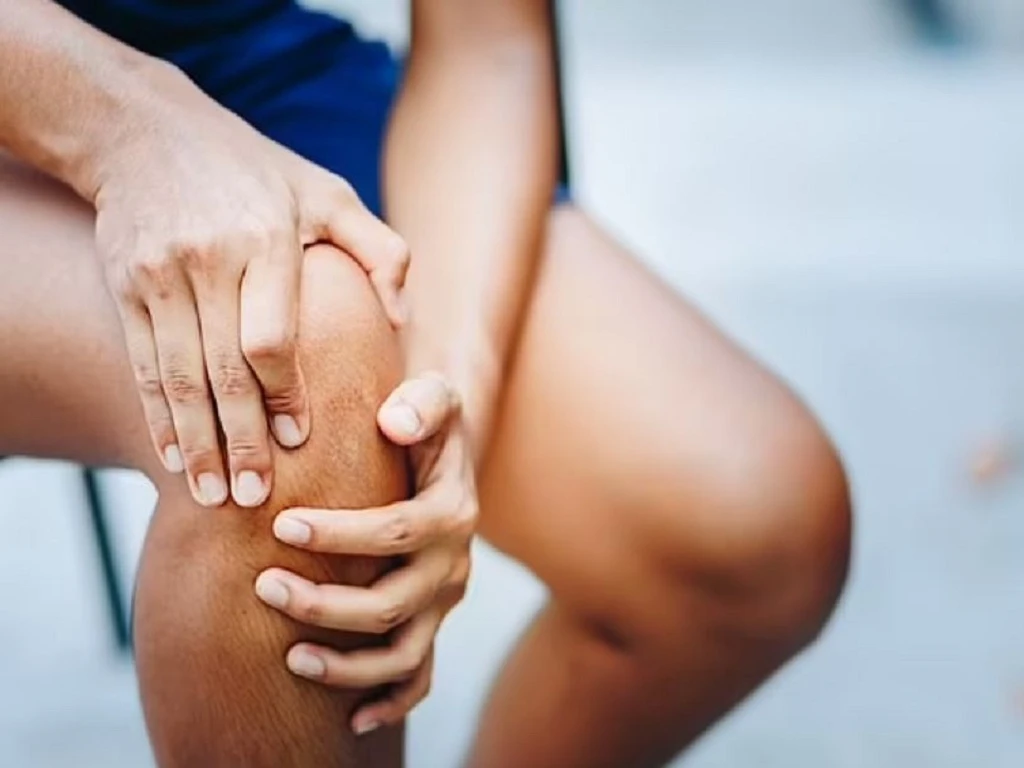
Lack of protein not only weakens muscles but also leg bones.
This is because protein is essential for repairing and growing muscles, maintaining healthy tissues, and promoting wound healing. The US National Library of Medicine recommends that protein should make up 10-35% of total daily calorie intake.
For example, an adult man on a 2,000-calorie diet should consume between 50 and 175 grams of protein. Each gram of protein provides 4 calories. This amount of protein depends on factors such as age, activity level, and overall health.
If there is a lack of protein, the legs will show the following signs:
Weak
Leg muscles are one of the most important and active muscle groups in the body. To keep leg muscles working well and healthy, you need to eat enough protein. If you lack protein, your legs will be weak, making it difficult to do physical activities and exercise .
Prolonged protein deficiency can lead to muscle wasting and weakness. As a result, the muscles in the legs will shrink, making it difficult to perform daily activities such as walking, jogging or climbing stairs.
Swelling in the legs
Protein plays an important role in helping to retain water in the blood, preventing too much water from entering the tissues. Therefore, a severe protein deficiency will cause more water to enter the tissues, leading to edema.
Edema is the result of abnormal fluid accumulation in tissues, mainly the legs and feet. This condition can cause pain and make walking difficult.
Weak bones
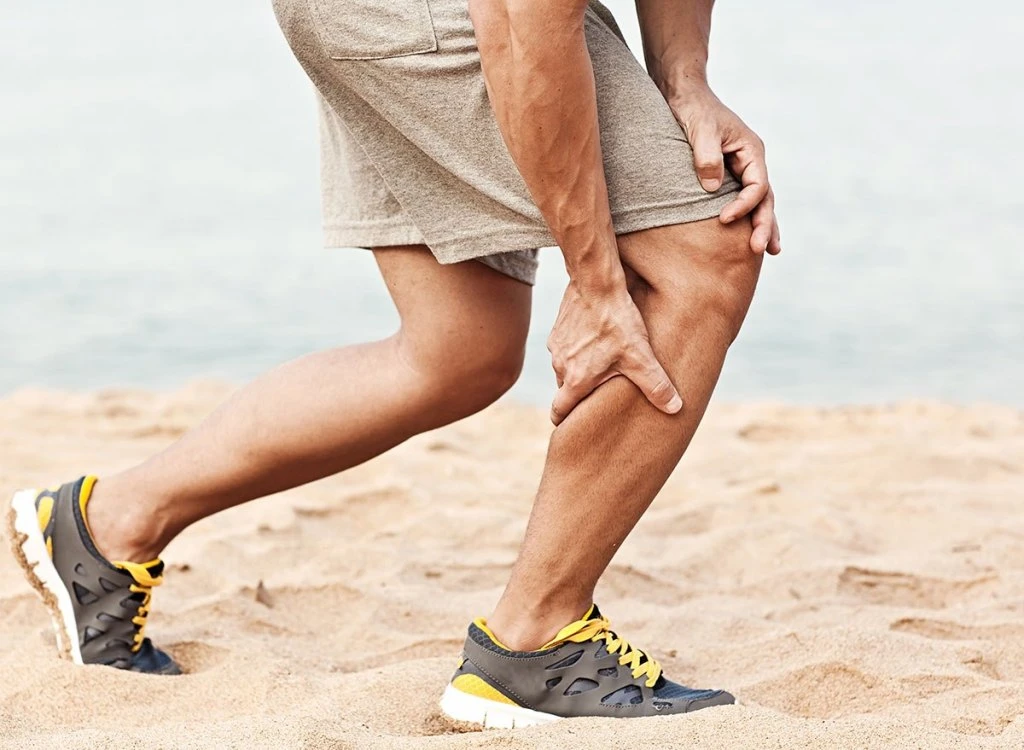
Long-term protein deficiency will reduce bone density, increasing the risk of osteoporosis.
Protein is an important component of bones, helping children develop bones and the elderly maintain stable bone structure. Long-term protein deficiency will reduce bone density, increasing the risk of osteoporosis.
Wounds that are difficult to heal
For wounds to heal, the body needs adequate nutrients, especially protein. This is because protein in food provides the raw materials for the body to create another protein called collagen. This is an important component of skin, tendons and connective tissue.
Therefore, a diet lacking in protein will cause the body to not have enough nutrients to create collagen, resulting in slow wound healing, according to Medical News Today (UK).
Source link





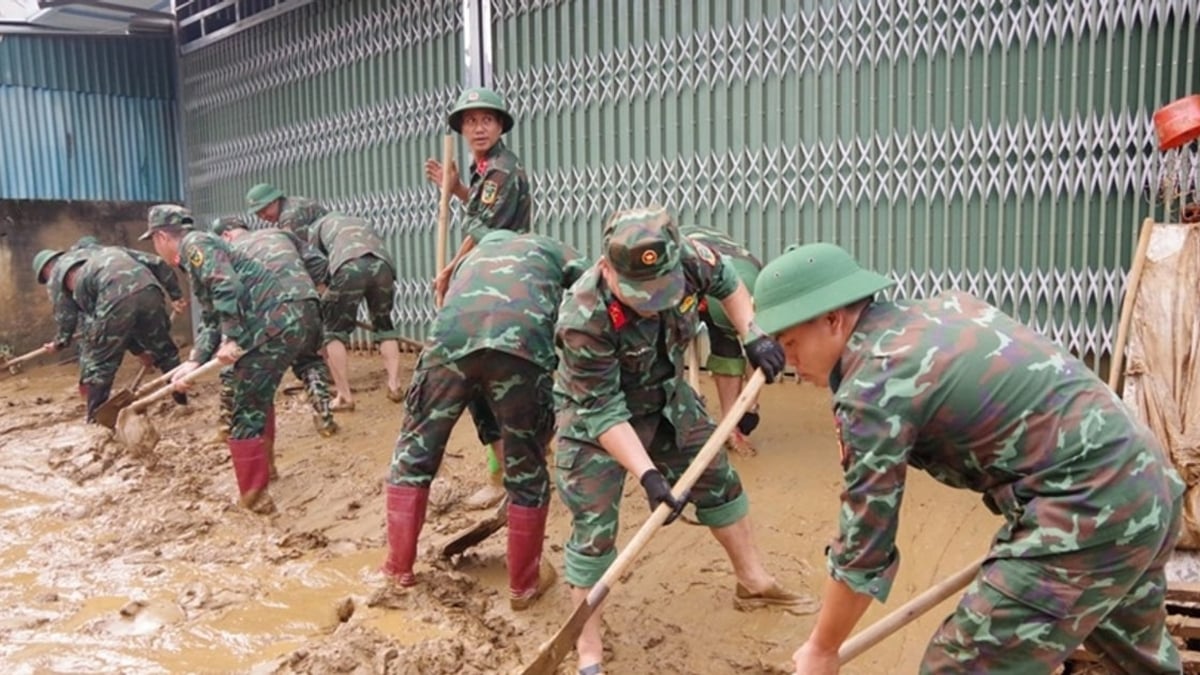


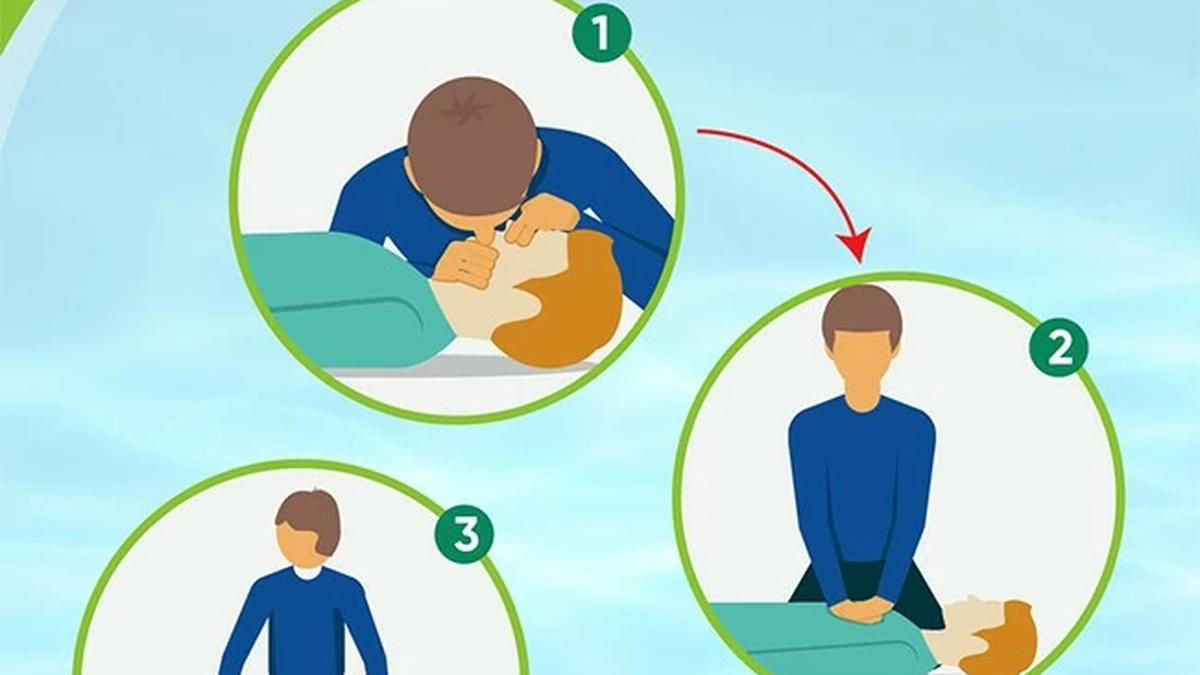





























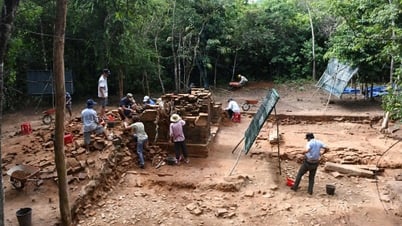

































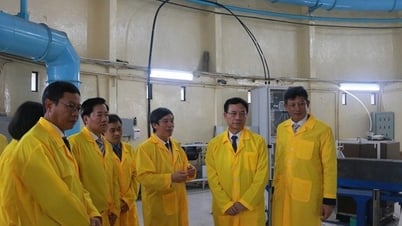


























Comment (0)